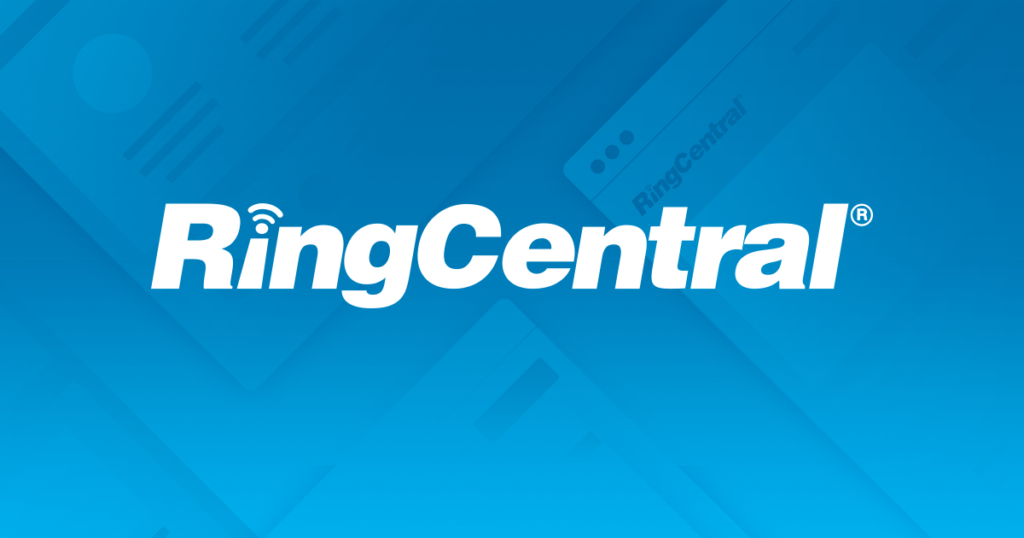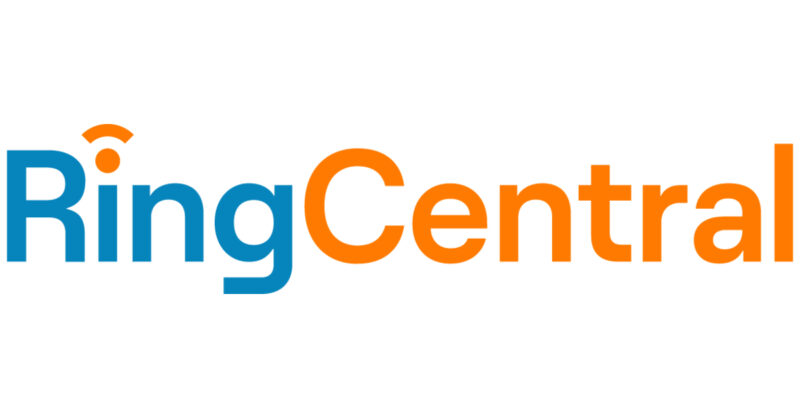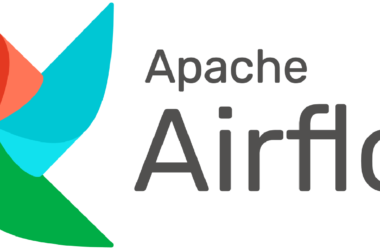In the fast-paced digital age, effective communication is the bedrock upon which successful businesses are built. One name that consistently emerges in conversations about communication platforms is RingCentral. With its comprehensive array of features designed to streamline and enhance business communications, RingCentral has secured a prominent place in the market. However, as businesses evolve and unique needs arise, the search for alternatives becomes a strategic endeavor. In this extensive guide, we will embark on a journey through the realm of RingCentral alternatives, meticulously dissecting their features, limitations, and the essential factors that warrant consideration when making this pivotal decision.
Unveiling RingCentral: Features and Distinctiveness

RingCentral stands as a versatile communication powerhouse, equipped with an impressive range of features that cater to businesses of all sizes. Let’s peel back the layers and delve into the key facets that make RingCentral a formidable player in the communication arena:
1. Unified Communication Hub: Bridging the Gap
At the heart of RingCentral’s appeal is its role as a unified communication hub. The platform seamlessly integrates voice calls, video conferencing, and team messaging into a cohesive and user-friendly interface. This convergence eliminates the need for multiple disparate tools, streamlining communication management and fostering a culture of collaboration.
2. Seamless Integrations: Expanding Horizons
A hallmark of RingCentral’s prowess is its seamless integration capabilities. The platform effortlessly connects with a myriad of third-party applications, extending its functionality and adapting to the unique workflows of businesses. This adaptability empowers teams to work more efficiently and cohesively, harnessing the power of their preferred tools while benefiting from RingCentral’s communication foundation.
3. Scalability and Flexibility: Growing with You
In the dynamic landscape of business, scalability is a prized attribute. RingCentral shines in this regard, accommodating businesses as they evolve and expand. The platform’s scalability ensures that it can seamlessly accommodate an increasing number of users and communication needs, making it an ideal partner for enterprises on a growth trajectory.
4. Reliable Call Quality: Crystal-Clear Conversations
Effective communication hinges on clear and reliable conversations. RingCentral’s commitment to delivering high-quality voice calls and high-definition video conferencing bolsters its reputation as a dependable communication solution. Businesses can confidently engage in virtual meetings, presentations, and discussions, knowing that the clarity of communication is upheld.
However, even a trailblazing solution like RingCentral has its limitations. While the platform’s feature-rich environment is undoubtedly enticing, its pricing structure may become a point of concern as user numbers swell. Additionally, despite its extensive integration capabilities, there may be instances where specific tools critical to a business’s operations are not fully supported within the RingCentral ecosystem.
The Quest for RingCentral Alternatives: Why Look Beyond?

The decision to explore RingCentral alternatives is not a reflection of dissatisfaction but rather a strategic maneuver to ensure that the chosen communication platform aligns seamlessly with the evolving needs of a business. Several factors may act as catalysts, prompting the exploration of RingCentral alternative solutions:
1. Budget Considerations: Navigating Financial Realities
As businesses grow and mature, their communication needs inevitably expand. While RingCentral’s pricing structure is justified by the robust feature set it offers, it may pose a financial strain for burgeoning enterprises. Seeking RingCentral alternatives becomes an avenue to find cost-effective solutions that deliver optimal value without compromising on communication quality.
2. Specialized Requirements: Tailoring Communication
Industries and businesses often possess unique communication requirements that demand tailored solutions. While RingCentral covers a broad spectrum of features, RingCentral alternative platforms might cater more precisely to specific industry needs, ensuring that critical aspects are not overlooked.
3. Scalability and Flexibility: Adapting to Change
The ebb and flow of business demand a communication platform that can adapt in sync with growth and change. RingCentral alternatives may offer more flexible plans or scalability options that align seamlessly with a business’s trajectory, providing the agility required to thrive in a competitive landscape.
4. Integration Ecosystem: Enhancing Workflow
Seamless integration with existing tools and workflows is the linchpin of efficient operations. Exploring RingCentral alternatives could unveil platforms that offer a deeper and more harmonious integration ecosystem, resulting in streamlined processes and heightened productivity.
Commonly Used RingCentral Alternatives For Business Communication

The search for a suitable RingCentral alternative leads us to a landscape teeming with diverse and noteworthy options. Let’s embark on a comprehensive exploration of some of the most prominent RingCentral alternatives that have garnered attention in the realm of business communication:
1. Zoom Phone: Convergence of Communication
Zoom, a name synonymous with top-tier video conferencing, has expanded its horizons to encompass a comprehensive phone system. Leveraging its proven expertise in video, Zoom Phone seamlessly integrates voice, video, and messaging, culminating in a unified and versatile communication experience.
2. Microsoft Teams: Collaboration Redefined
As a pivotal component of the Microsoft 365 suite, Teams presents a comprehensive collaboration platform that seamlessly blends chat, video conferencing, and calling functionalities. The deep integration with other Microsoft tools fortifies Teams as an appealing RingCentral alternative for businesses deeply entrenched in the Microsoft ecosystem.
3. 8×8: Tailored Communication Solutions
8×8’s cloud communication solutions offer a holistic approach, encompassing voice, video, chat, and even contact center functionalities. Its flexible plans cater to businesses spanning a range of sizes, ensuring that communication needs are meticulously addressed.
4. Cisco Webex: Enterprise-Grade Communication
Cisco’s Webex stands as a beacon of enterprise-grade communication, boasting robust video conferencing and calling capabilities. Security and collaboration tools take center stage, rendering Webex an optimal choice for businesses placing a premium on safeguarding sensitive information.
5. Google Voice: Streamlined Simplicity
Catering to the needs of startups and small businesses, Google Voice offers a streamlined communication platform. Voice calls, voicemail, call forwarding, and texting are seamlessly woven into a user-friendly interface that effortlessly integrates with a user’s Google account.
6. Grasshopper: Empowering Entrepreneurs
Tailored to meet the needs of entrepreneurs and small businesses, Grasshopper’s virtual phone system takes center stage. Call forwarding, voicemail transcription, and customizable greetings contribute to projecting a professional image, which is crucial in the world of business.
7. Vonage: Global Communication Solutions
Vonage’s cloud-based phone systems extend a comprehensive suite of features, including voice calling, messaging, and conferencing. With a focus on international calling and robust integration capabilities, Vonage presents itself as a compelling RingCentral alternative.
8. Ooma: User-Centric Communication
Ooma’s business phone solutions revolve around a virtual receptionist, extension dialing, and conferencing capabilities. Affordability and an intuitive user interface position Ooma as an attractive contender for businesses seeking user-centric communication tools.
9. Nextiva: Unified Collaboration Experience
At the heart of Nextiva’s offering lies a unified communication and collaboration ecosystem encompassing voice, video, and chat functionalities. Seamless integration with customer relationship management (CRM) systems adds a layer of intelligence to customer interactions.
10. Jive: Customizable VoIP Services
Jive Communications, now integrated under the LogMeIn umbrella, offers hosted VoIP services, replete with call routing, voicemail, and even virtual fax. The platform’s emphasis on customization caters to businesses yearning for tailored communication solutions.
11. Aircall: Elevating Customer Interactions
Aircall sets its sights on enhancing customer interactions through call center-focused communication. Features such as call routing, detailed analytics, and seamless integrations with customer support platforms empower businesses to deliver exceptional customer experiences.
12. Fuze: Insights-Driven Communication
Fuze’s unified communication platform spans voice, video, messaging, and collaboration tools. What sets Fuze apart is its emphasis on analytics and reporting capabilities, enabling businesses to gain actionable insights into communication trends.
13. Zoho CRM: Communication-Infused CRM
Zoho CRM seamlessly integrates a dedicated phone system, enriching customer relationship management with features such as call tracking, recording, and automated call logs. This infusion of communication augments the CRM experience.
14. Mitel: Unifying Communication Channels
Mitel’s communication and collaboration solutions are a tapestry woven with voice, video, messaging, and contact center functionalities. Mitel excels in streamlining communication channels, fostering effortless connections between teams and clients.
Factors To Consider While Choosing The Perfect RingCentral Alternative

As the curtain rises on the quest for the ideal RingCentral alternative, a careful and calculated evaluation becomes paramount. The following factors merit thorough consideration, guiding your path to the perfect communication solution:
1. Scalability and Pricing: Charting Future Growth
A forward-looking approach demands an assessment of scalability. How well can the RingCentral alternative accommodate your business’s growth trajectory? Moreover, does the pricing structure align harmoniously with your budgetary considerations?
2. Feature Set: Precision Tailoring
Scrutinizing the alternative’s feature set is akin to crafting a bespoke suit. Are the features aligned with your communication requirements? Look for tools that seamlessly enhance productivity, foster collaboration, and elevate customer interactions.
3. Integration Capabilities: Unifying Workflows
The tapestry of modern business is woven with a diverse array of tools and applications. How well does the alternative integrate with your existing toolbox? A robust integration ecosystem can be the linchpin that harmonizes workflows and maximizes efficiency.
4. User Experience and Support: Navigating Smooth Seas
The user experience is the compass guiding successful implementation. A user-friendly interface coupled with reliable customer support can be the difference between smooth sailing and choppy waters. Adequate training resources and responsive assistance are pivotal.
5. Security and Compliance: Fortifying Protection
In the digital age, safeguarding sensitive data is non-negotiable. Especially for industries dealing with confidential information, prioritizing alternatives with robust security measures and compliance certifications becomes imperative.
Conclusion
In the grand tapestry of business communication, RingCentral is undeniably a luminary, illuminating the path to seamless interactions. Yet, the landscape is vast, and the alternatives are diverse. By thoughtfully weighing the features, limitations, and distinctive offerings of each alternative, you embark on a communication journey marked by efficiency, collaboration, and growth.









